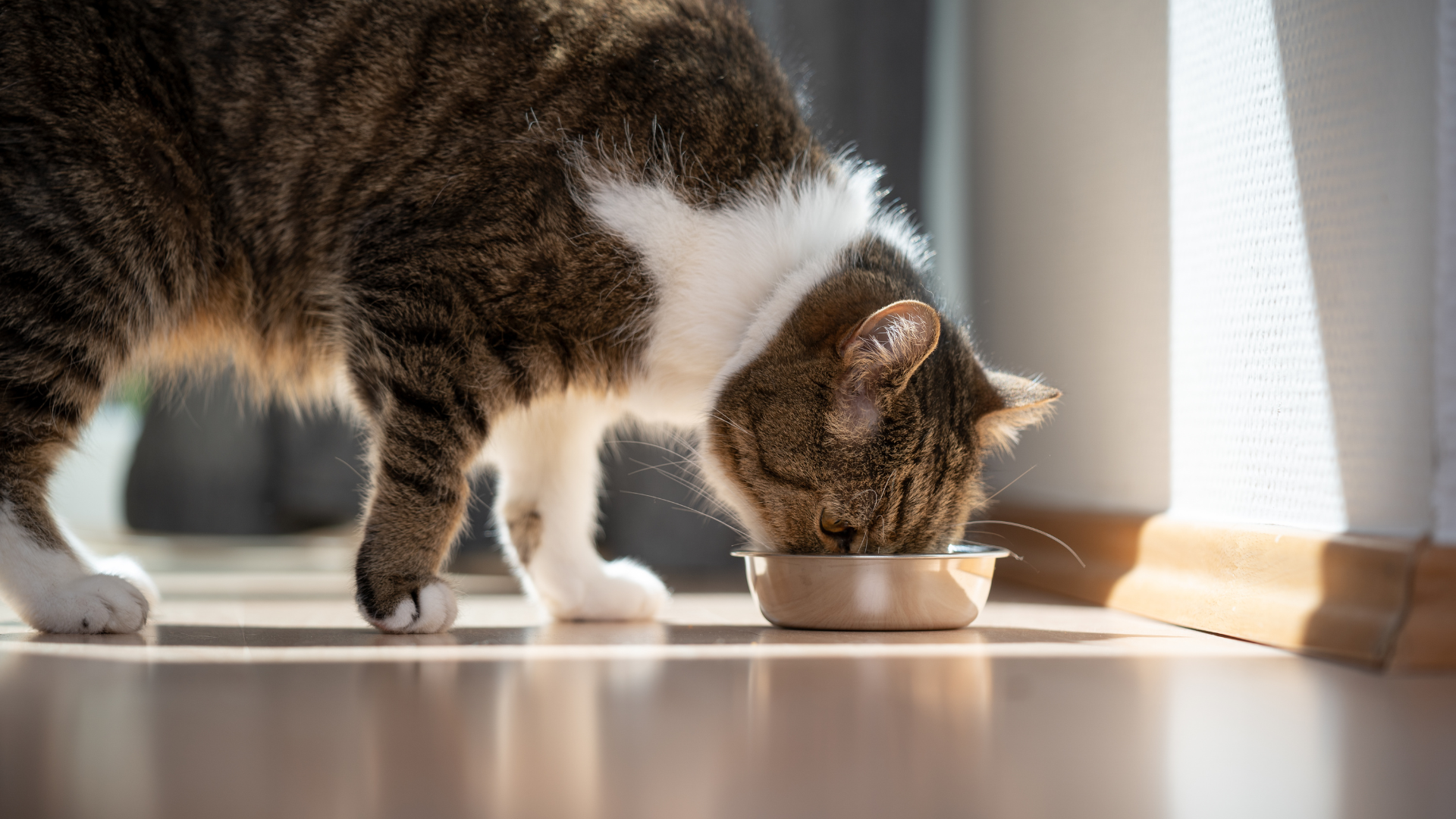Antioxidants help protect your pet’s body from damage, like free radicals and bacteria. They are natural substances found in plants, fish, and animals. Some antioxidants are vitamins and minerals, while others are found in plants. As your pet ages, it’s natural for them to develop minor conditions like arthritis, possible eye disease, and minor stomach issues. But, free radicals can speed up the ageing process and cause your pet to suffer more from these conditions. Antioxidants help keep ageing problems under control, and some also help our animals live happy, active, and healthy lives.
Antioxidants, like Vitamin E, are natural substances found in fruits and vegetables. Though not all of them are created equal, there are plenty that can improve your pet’s overall health and well-being. They don’t just help fight disease; they strengthen the immune system, improve cardiovascular health, and even help slow the ageing process.
Consequently, you might consider choosing canagan pet food or other such packed foods that are packed with a variety of vegetable and meat sources. Choosing them can strengthen your pet’s immune system and improve cardiovascular health. These ingredients usually provide the benefits of antioxidants to your pet, reducing oxidative stress and protecting cells from damage, thereby improving vitality.
Type Of Antioxidant That Improves Your Pets Health:
Vitamin E
The benefits of vitamin E are many. This vitamin has many uses. It is an antioxidant and a potent anti-inflammatory. Some studies even show this vitamin can reverse age-related hearing loss in dogs. But, what do you need to know? The average adult dog needs 15 mg of vitamin E each day. So, make sure to include this vitamin in the diet.
This vitamin supports healthy skin cell growth, promotes wound healing, and improves cardiovascular health. It can be particularly beneficial for dogs with hip dysplasia and arthritis. However, if arthritis pain becomes severe, vitamin E alone may not be enough. In such cases, it’s important to explore other treatment options or meds for dog arthritis by consulting a vet.
Vitamin C
Some pets have vitamin C deficiencies. It is a powerful antioxidant that boosts the immune system and helps you heal from cuts and scrapes. Vitamin C deficiency is rare in healthy dogs and cats but happens more often in older pets and pets with liver disease. A pet’s diet should be rich in vitamin C, but leafy green vegetables (like spinach and kale) aren’t always safe, so pets may need supplements.
It acts as an antioxidant to protect your pet from cell damage and helps the body build collagen. Vitamin C is also essential in the production of our red blood cells. It promotes a healthy immune system, helps wounds heal faster, helps prevent and treat the common cold, and helps ease flu symptoms. It helps iron bind to the red blood cells to carry oxygen more efficiently through the body.
Beta Carotene
Beta Carotene is a naturally occurring carotenoid found in plants, algae, and some animals. It’s known to have powerful antioxidant properties and is a precursor to vitamin A, which helps keep your dog’s coat shiny, healthy and free of parasites.
Beta Carotene is a common set of compounds found in almost every plant. It is the orange colour you see in carrots, squash, sweet potatoes, and other orange types of fruit. It gets converted to Vitamin A in the body, which is an important vitamin as it helps in healthy vision, skin, and bones. It also helps fight infection, treats infections, boosts the immune system, and fights against cancer. Beta Carotene is an antioxidant, which means that when it’s used in the body, it prevents free radicals from damaging cells.
Selenium
If you have pets, you may have wondered if there’s a correlation between the food you feed them and their increased energy levels. Selenium is an element that helps us fight off viruses and bacteria, and it’s found in meat, fish, poultry, eggs, dairy products, and nuts. It is important for both your and your pet’s overall health, and when tissue levels of selenium drop too low, animals are more likely to become sick.
Selenium is an essential mineral. It helps with many body processes, including the immune, nervous, and cardiovascular systems. It is also an antioxidant, protecting cells from free radical damage that can lead to illness and disease. Selenium is found in many different types of foods, including fish, seafood, meat, eggs, and dairy.
Even though antioxidants can lower the risk of cancer, heart disease, and strokes in humans, research shows that they haven’t shown similar benefits to pets. However, these supplements may boost your pet’s immune system (a fact that’s also unknown in humans). Antioxidants in pet food could help prevent infections, but additional research is needed to verify these claims.
